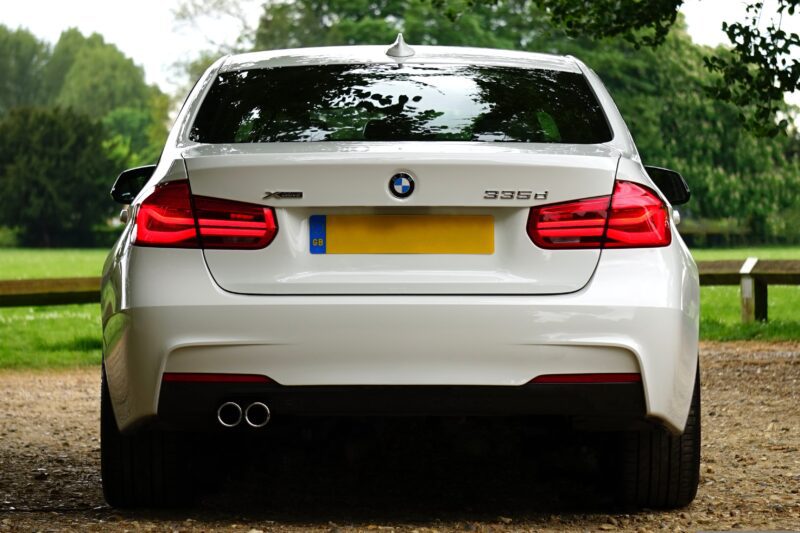Most taxi and PHV drivers take great pride in their cars and want them to stand out from the crowd, which makes good business sense.
They are also polite and helpful to customers and often go the extra mile to make a difference. But as in all walks of life, there are people who are less scrupulous, who don’t behave in the same way, and go to a variety of lengths to get away with it.
One of these methods is to use “ghost plates” on their vehicles – number plates that obstruct infra-red technology used in traffic cameras – in a bid to avoid points, fines and charges for bad driving, incorrectly using bus lanes, speeding or entering congestion and clean-air zones.
Nowhere to hide
Now councils such as the City of Wolverhampton Council have gone a step further to put the brakes on rogue PHV drivers, especially those who operate out of the area.
As part of that ongoing nationwide drive, it recently conducted spot checks in Wolverhampton, Birmingham, Central London and Manchester Airport, in conjunction with the police and local councils, using special cameras to detect ghost plates.
The operation was launched after infra-red reflective plates had been spotted on vehicles, preventing them from being read by cameras, which is an offence under the Road Vehicles (Display of Registration Marks) Regulations 2001, making it illegal “to alter any characters or apply or use material which makes the plate retroreflective”.
One PHV driver whose car had a reflective number plate was issued with a £100 Penalty Charge Notice by police.
Enforcement
As well as allowing police and licensing officials to track down rogue drivers who were trying to operate undetected, the crackdown also allowed enforcement officers to inspect the vehicles for defects and licensing issues.
Following the success of the operation, Wolverhampton Council has bought more of the specialist cameras to detect ghost plates on PHVs across the country.
In February and March, the council revealed that this led to 10 further notices being issued to PHV drivers for illegal plates spotted during regular checks.
As well as drivers trying to dodge charges and fines, there are also huge safety concerns about someone operating as a PHV driver with an untraceable number plate. Should there be something more sinister than trying to dodge points and fines, it would make it difficult for police to track down a driver, especially if they were carrying a vulnerable passenger such as someone who was extremely drunk, or a woman on her own.
Punishment
This is why PHV drivers face the same £100 PCN as other motorists, and could also lose their taxi badge, threatening their livelihood. For everyone’s safety, authorities need to be able to identify and trace vehicles on our roads. Otherwise, cars using ghost plates give criminals the opportunity to operate freely.
Councillor Craig Collingswood, Wolverhampton Council’s Cabinet Member for Environment and Climate Change, said: “Wolverhampton is leading the way as the first council investing in this state-of-the-art technology to deter and detect offenders.
“Bus lanes are essential for the public transport network to operate efficiently, and speed cameras help to keep the public safe from speeding vehicles and reduce the likelihood of a crash.
“All motorists can expect to pay a fine if found to be using these illegal methods to avoid cameras and taxi drivers licensed by Wolverhampton may have their licence suspended or revoked.”


